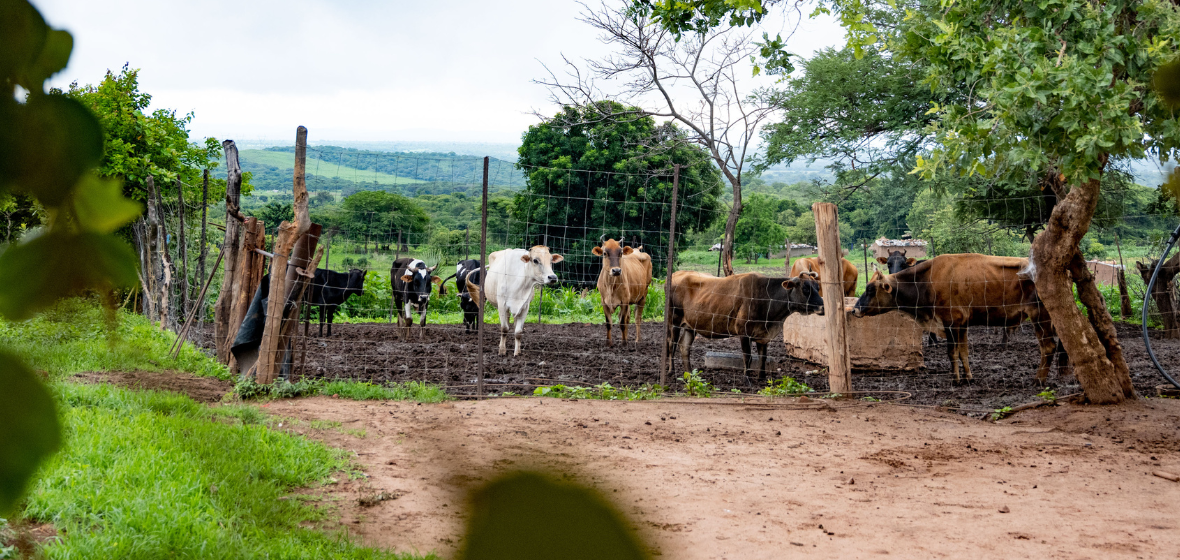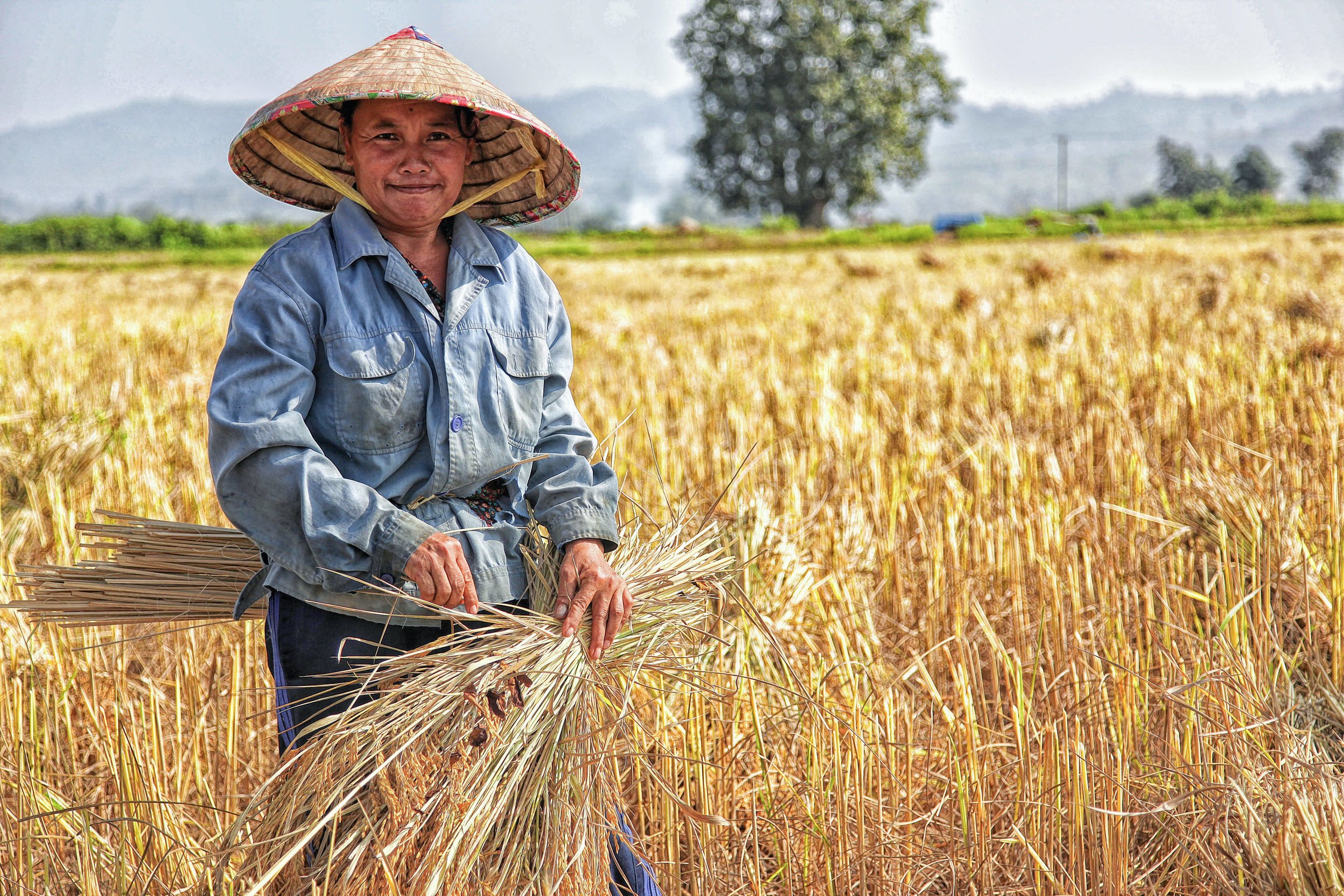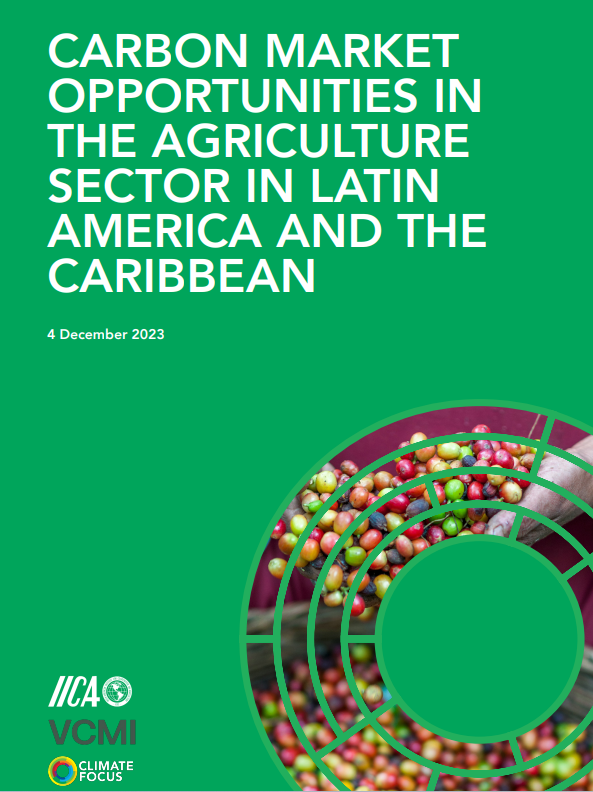
BLOGS, ARTICLES AND NEWS
Get updates directly from the CA4SH Global team and stakeholders
The Stars in Our Soil: Soil Heroes
This article refers to soil heroes as people, places or things that stand for soil health even when climate change and other threats are rampant; all living and nonliving components that support the soil ecosystem thus bringing it glory and honour in the form of soil health.
#Youth4Soil in the Field | Hands-on Learning of Syntrophic Agriculture in Kenya
From February 5th to 9th 2025, I and three other Community Facilitators working with CIFOR-ICRAF in Kenya were privileged to attend a Syntropic Agroforestry and Regenerative Regenerative Agriculture course at ForestFoods in Limuru, Kenya. It was an awesome 4-day training course with intensive learning about the topic coupled with lectures and field activities.
Story and photos by Clemence Mnyika, Community Facilitator with CIFOR-ICRAF Kenya and Member of #Youth4Soil
The Stars in Our Soil: Soil Health Policies
Soil health policies are stars for our soil, without whom our advancement towards global soil health would remain slower than the rate at which we are depleting our soils. The importance of soil health policies can be summarized into three pros: protect, probe and promote.
Soil: A Foundation for Life, Culture, And Sustainability
During a recent webinar FROM DUST TO PROSPERITY: The ROLE of Soil in Shaping Africa’s Future co-hosted by the coalition of Action 4 Soil Health and the Allure of Soil Campaign, experts from around the world shared their perspectives on soil’s significance, its degradation, and the urgent need for action to restore and preserve it.
The Stars in Our Soil: Gifts to Soil Health
Soil health is the cornerstone of sustainable agriculture, and its impact extends far beyond the confines of the farm. As we enter the festive season, it's a fitting time to reflect on the invaluable gifts of soil health. These include policies, advocates, media influence, scientific expertise, and farmer dedication—all crucial in driving progress toward a healthier, more resilient agricultural ecosystem. Let’s celebrate these contributions and recognize their role in safeguarding our future.
The Stars in Our Soil: The Science Behind Soil Testing
Having acquired some basic understanding of soil health in Part 1 of the series, the Stars in Our Soil: Understanding Soil, Sussana Phiri spends this installment delving into the science behind soil testing, with examples and resources for those looking to start troubleshooting own farms.
One Acre Fund Campaign | Closing the climate finance gap for smallholder farmers in Africa
Smallholder farmers across sub-Saharan Africa are already witnessing the devastating impacts of climate breakdown on their soils and crop yields, and by extension their livelihoods and wellbeing.
This issue isn’t unique to sub-Saharan Africa. Across the globe smallholder farmers are contending with ever more erratic temperatures and weather patterns as a result of the climate emergency. In the face of failing harvests and limited income, most smallholders lack the means to build resilience to these climate shocks.
Why is climate finance important?
What's the cost of building climate resilience for smallholder farmers?
Learn more and access campaign assets here
The Stars in our Soil: Understanding Soil
The Stars in Our Soil is a 6-part series highlighting the scientific and social elements of the soil that are synonymous to the stars; each of them unique but when they are together, they light up the universe.
In this article, Sussana Terieza Phiri (#Youth4Soil, YPARD Zambia, CA4SH Intern) explores the physical properties of soil, and some of the implications for agricultural growers.
#Youth4Soil Perspective | My Journey: From Plant Pathology to Pioneering Organic Agriculture
Upendra Bhusal is a student of Agriculture at the Agriculture and Forestry University, Nepal. He is a member of the CA4SH #Youth4Soil initiative, IAAS, YPARD, FAYI, Leo Club, and more.
Learn about his unique approach to scaling soil health in his community, and his plans to scale this approach in 2024/2025.
Op-ed: Empowering Refugees and the Vital Role of Community-Led Initiatives in Nakivale
Nakivale refugee settlement was established in 1958 and is the 8th largest refugee settlement in the world, located approximately 200 km away from Kampala, Uganda'. It is one of the oldest refugee settlements in Uganda and contains 79 individual villages.
Recently, food distribution has reduced, creating a food shortage worsened by persistent drought and soil exhaustion. Since 2023, the communities’ needs have outpaced available resources.
Mbilizi Kalombo is a young Congolese refugee living in Nakivale Refugee Settlement. He is the Executive Director and Co-Founder of KYETE BIINGI TAI NYEME - a refugee-led, community-based organization seeking to improve the lives of refugees, including by promoting sustainable soil management practices.
CA4SH Finance Webinar: Investing in soil health from the ground up
From afar, scaling soil health by switching from traditional monocrop agricultural systems to regenerative systems may seem as easy as planting the right plants in the right spot. However transitioning to new systems usually sees farmers’ yields decrease before they increase, which can be a limiting factor for farmers who don’t have a financial cushion to fall back on. Support is needed to help them bridge the gap.
CA4SH is a multi-stakeholder partnership of member states, the private sector, research institutions, civil society, farmer organizations, multilateral organizations, NGOs, and more. Drawing on this wealth of knowledge, we organized the second installation of our 2024 Webinar Series: The road ahead for soil health action to explore different mechanisms to invest in soil health, making sure these investments reach smallholder farmers.
CA4SH Policy Webinar: Creating an Enabling Environment for Soil Health Post-COP28
CA4SH is a multi stakeholder partnership of member states, the private sector, research institutions, civil society, farmer organizations, multilateral organizations, NGOs, and more. Drawing on this wealth of knowledge, we organized the first installation of our 2024 Webinar Series: The road ahead for soil health action.
CA4SH at UNEA-6: Multistakeholder action to foster an enabling science, policy and business environment to scale soil health globally
From 26 February to 1 March 2024, the sixth session of the United Nations Environment Assembly (UNEA-6) took place at the UN Environment Programme (UNEP) headquarters in Nairobi, Kenya, to discuss global environmental policy amongst the 193 Member States.
The discussions centred on how multilateralism can help tackle the triple planetary environmental crises of climate change, nature and biodiversity loss, pollution and waste. Luckily, we know well of a solution to these challenges and, indeed, all 17 of the UN Sustainable Development Goals: scaling soil health, globally.
Learn more about CA4SH engagements at UNEA-6.
Soils are the cornerstone of good ecosystem functioning: Lessons from Ivory Coast
“Soils are not just a support: they have to be in good health for agricultural activities to be established and prosper. In Ivory Coast, the Ministry of Agriculture has brought together farmers, policymakers and scientists to work on practical operations aimed at guaranteeing the long-term future of soils in the forest landscapes of West Africa. The participants have made a series of recommendations, including controlling deforestation, reducing pesticide use and extending agroforestry.”
Read the full story from CIRAD
Image Caption: Field study on soil health in the Téné Classified Forest, Ivory Coast © CIRAD
Op-Ed: The EU’s 2040 climate targets and strategy must prioritise farmers
“Setting ambitious climate targets is great, achieving them is even better. The European Commission can be commended for setting its 2040 aim of a 90% reduction in greenhouse gas (GHG) emissions from 1990 levels.
To achieve the target, yesterday the Commission has proposed a significant scale-up of carbon removals on the path to climate neutrality.
Yet before waiving the victory flag for ambition, we must acknowledge that the EU is already struggling to meet the majority of its climate and energy 2030 targets and there are significant policy implementation gaps post-2030.”
By Erica Johnson (External Affairs Manager of Agreena) and Zsolt Lengyel (Secretary of the Board of the Institute for European Energy & Climate Policy)
Op-Ed: Biochar Carbon Removal Strengthens Global Food Security
By: Wendy Lu Maxwell-Barton, International Biochar Initiative
Since September of 2023, the world has known that the global community is not meeting the goals set in the Paris Accord— and the window to meet them without exceeding 2 degrees C or warmer is rapidly closing. The United Nations Framework Convention on Climate Change’s (UNFCCC) Global Stocktake process emphasized both the need for emissions reductions, as well as carbon dioxide removal (CDR) to slow and eventually reverse climate change-caused global warming.
While CDR technologies come in many forms and scales, the technology funded at a very high rate to date is direct air capture, garnering some US$4B in funding, tax breaks, and other sources of government funding. Despite this, there is less well-known yet predominant CDR technology that simultaneously delivers improved soil health, strengthened food security, and increased farmer profits through increased crop yields and lowered input costs on top of carbon dioxide removal. What am I referring to? Biochar carbon removal.
Harnessing decomposition ecology with black soldier flies to support soil’s natural processes
Healthy soil is a complex web of nutrient recycling from plants, animals and insects, alike. Organic material in soil is absolutely imperative to the natural processes that provide vital ecosystem services like water filtration and crop growth, and it enters the soil from various stages in the soil food web.
Despite being a product of decomposition processes, healthy soil is never dirty, but it can be unclean. With natural processes at the core of their approach, biotech company Nutrition Technologies has found a way to intervene against plant pathogens that commonly threaten agricultural soils.
IICA and Partners from the Private Sector, Academia and Civil Society Organizations Join Forces to Promote Carbon Financing for Sustainable Agriculture in Latin America and the Caribbean
“San José, 13 December 2023 (IICA) The Inter-American Institute for Cooperation on Agriculture (IICA), the Voluntary Carbon Market Integrity Initiative (VCMI), the Argentine Association of No-till Farmers (AAPRESID), the Group of Producing Countries from the Southern Cone (GPS), the Department of Forestry at Michigan State University (MSU), Gold Standard, Rabobank's ACORN and Climate Focus will join forces in 2024 to support the access of the agricultural sector in Latin America and the Caribbean to financing of voluntary and compliance carbon markets.”
Read the full story from IICA
The Link Between Soil Health and Human Health
There’s strong evidence linking the health of our soils with the overall human health. Healthy soils play a pivotal role in the production of crops that contribute to the nutritional well-being of individuals. This link between soil health and human health can be understood through several key aspects:
Read the full article from CropNuts
Ruminants Shine at COP28. Itzkan Makes the Case.
“Seth J. Itzkan of Soil4Climate discusses the role of holistically managed ruminants to restore soil biology and mitigate global warming. Nikita Zimov (Pleistocene Park) and Alasdair MacLeod (Macdoch Group) in attendance.”
Read the full story from Soil4Climate




















